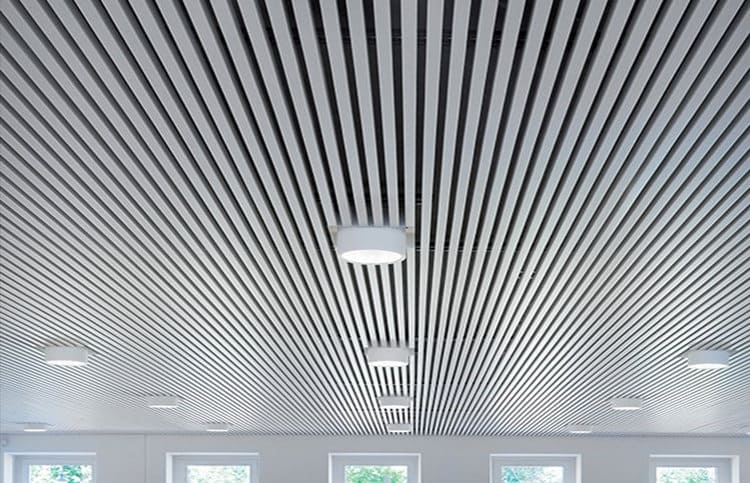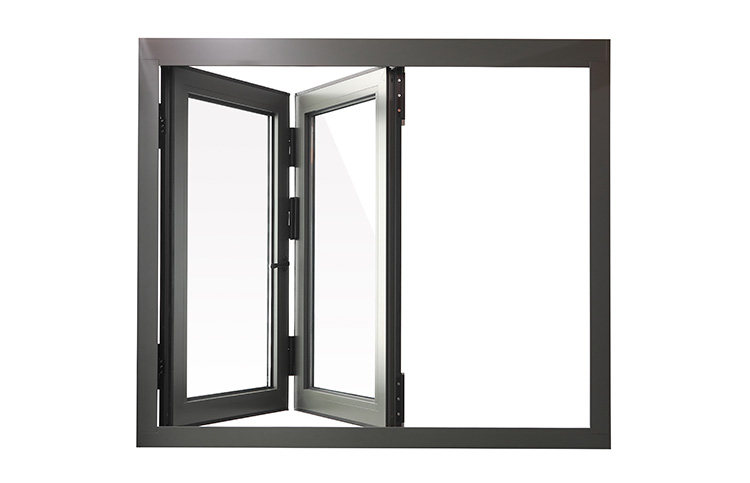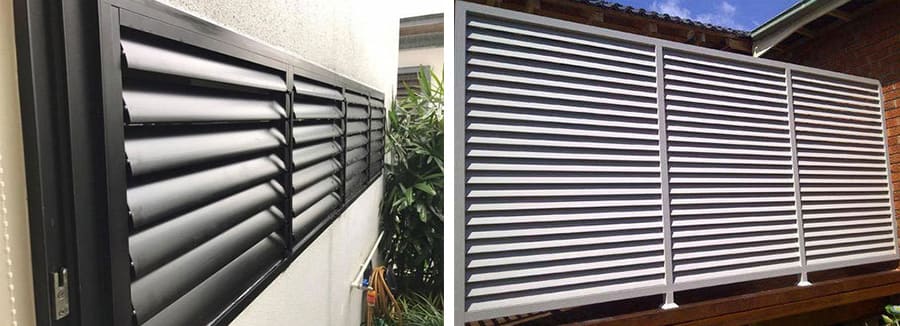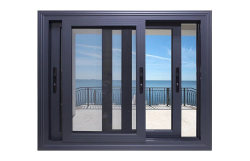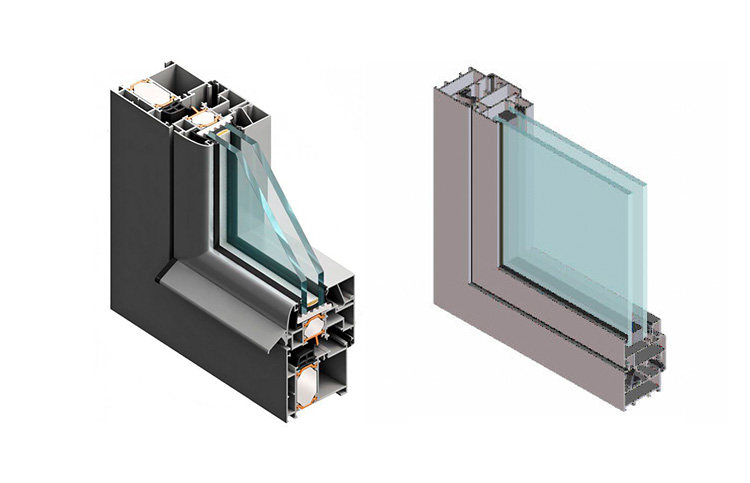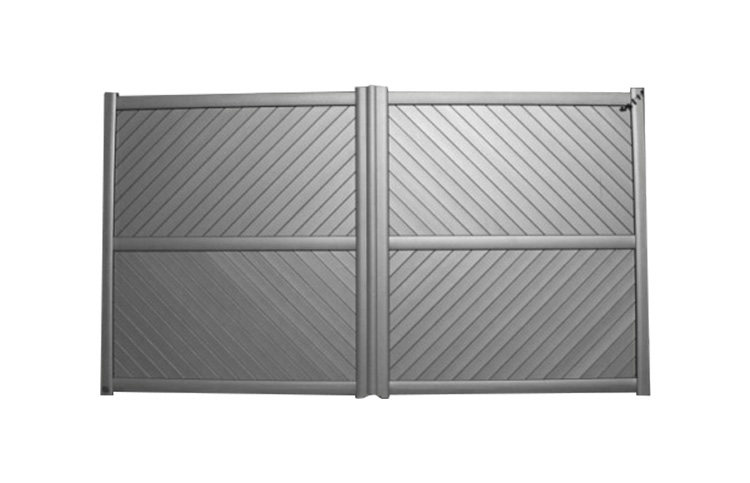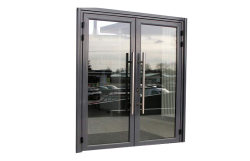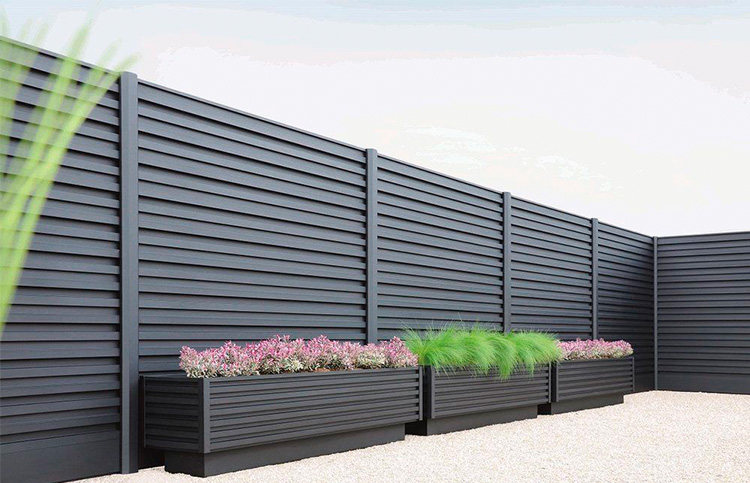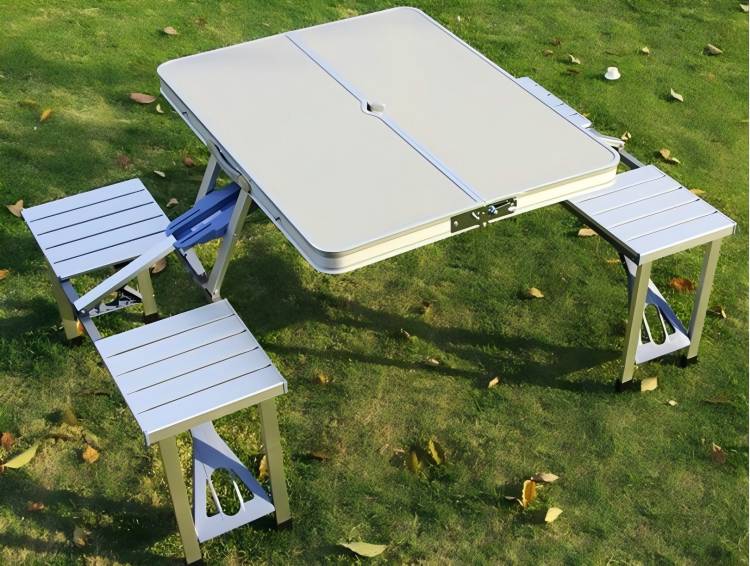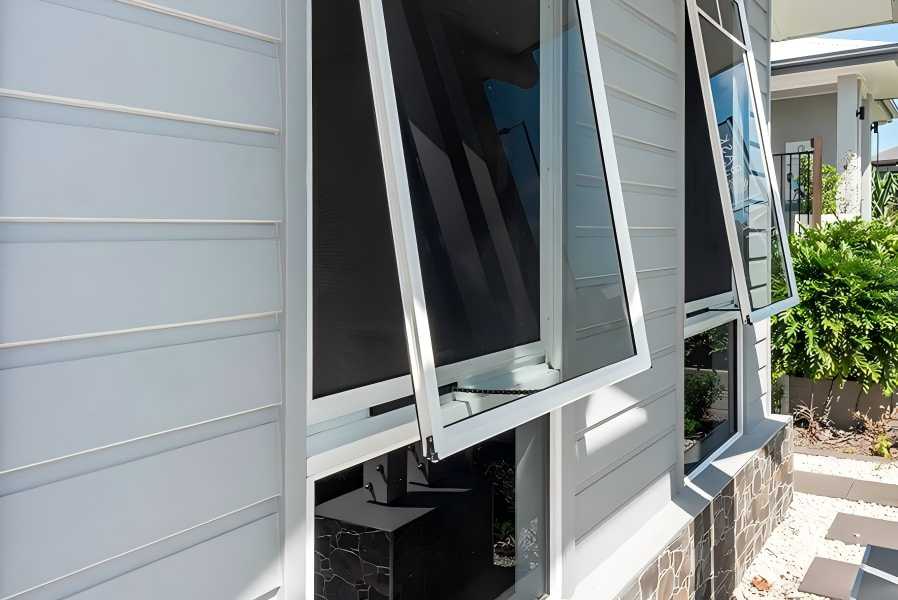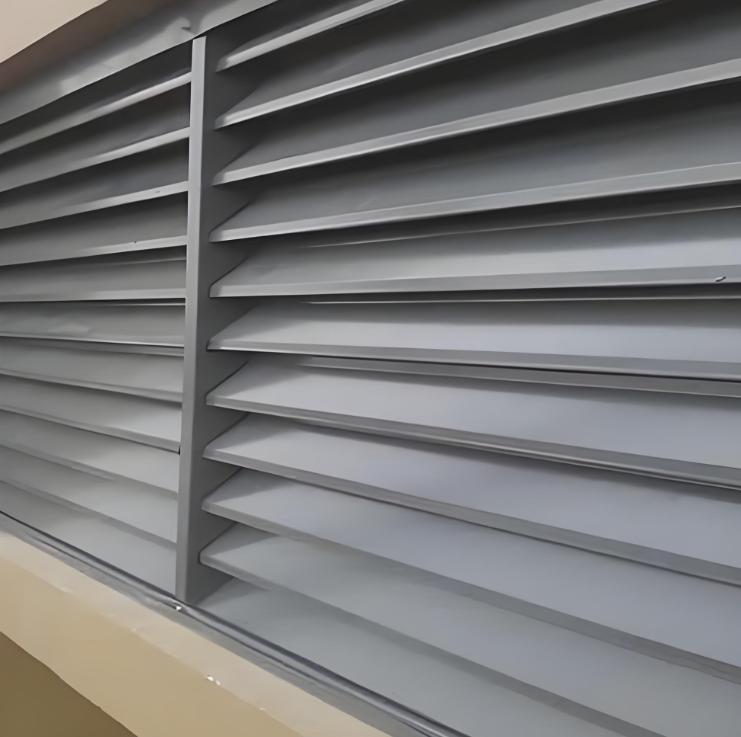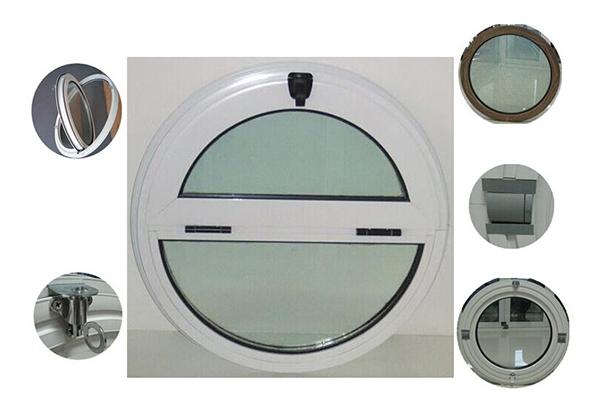Aluminum swing doors are a popular choice for both residential and commercial applications. They offer a perfect blend of style, durability, and functionality. But with a variety of options available, selecting the right aluminum swing door for your needs can feel overwhelming. This guide will provide insights on selecting the perfect one for your needs.
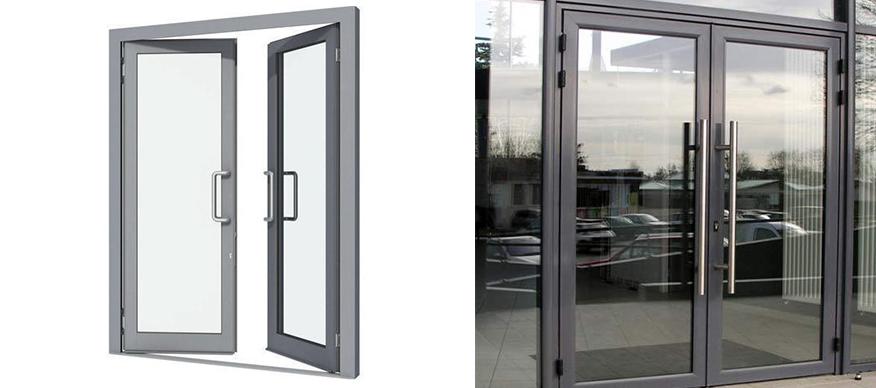
Understanding Aluminum Swing Doors
Aluminum swing doors are popular choices for commercial and residential properties due to their strength, low maintenance requirements, and modern appeal. These doors are crafted from aluminum frames and can be customized with various glass options, making them ideal for enhancing natural light flow and creating an open ambiance. There are different types and grades of aluminum swing doors to consider:
Types of Aluminum Swing Doors:
Aluminum swing doors can be classified based on various factors such as their design, functionality, and intended use. Here are some common classifications:
Based on Design:
- Single Swing Doors: These doors open on a single hinge, swinging either inward or outward.
- Double Swing Doors: Also known as French doors, these consist of two panels that swing open from the center.
- Bi-Fold Swing Doors: These doors fold in on themselves, saving space and providing a wide opening when fully opened.
- Pivot Swing Doors: Pivot doors rotate on a central axis, offering a unique design aesthetic and smooth operation.
Based on Functionality:
- Manual Swing Door: Operated by pushing or pulling the door handle to open and close.
- Automatic Swing Door: Equipped with sensors or actuators that automatically open the door when someone approaches.
- Fire-rated Swing Doors: Designed to resist the spread of fire, these doors are constructed with materials that meet fire safety standards. They are commonly installed in commercial buildings to compartmentalize fire hazards and provide safe evacuation routes.
- Security Swing Doors: These doors are reinforced with additional features such as heavy-duty locks, security glazing, and intrusion detection systems to enhance security in commercial premises.
- Energy-Efficient Swing Doors: Designed to minimize heat loss and improve insulation, these doors feature thermal breaks and weather sealing to reduce energy consumption and maintain indoor comfort levels. Such as aluminum swinging kitchen doors.
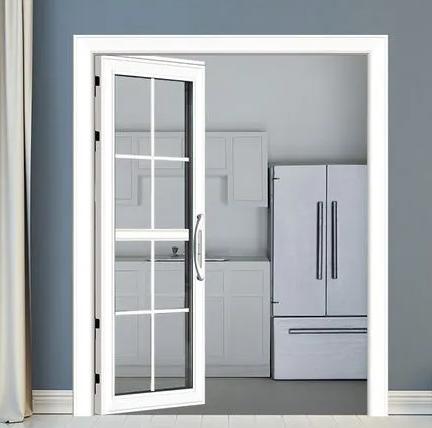
Based on Use:
- Interior Swing Door: Installed indoors, typically separating rooms within a building.
- Exterior Swing Door: Installed as entry doors to buildings or homes, providing access to the exterior.
- Commercial Swing Door: Designed for high-traffic areas in commercial buildings such as offices, malls, and hospitals.
Common Grades of Swing Door Aluminum
The grade of aluminum used in the door will impact its strength, weight, and price. Here’s a brief overview:
- 6061 and 6063 Aluminum: These are the most common and affordable grades, offering a good balance of strength and weight.
- 7075 Aluminum: This high-strength alloy is ideal for situations requiring extra durability, such as high-traffic areas or extreme weather conditions.
How to Choose the Right Aluminum Swing Door?
Choosing the right aluminum swing door involves several considerations to ensure it meets your functional needs, aesthetic preferences, and budget constraints. Here’s a step-by-step guide to help you make the right choice:

1. Assess Your Needs:
- Determine the purpose of the door: Is it for interior or exterior use? Will it be used as a main entrance, patio door, or room divider?
- Consider the location and environment: Will the door be exposed to harsh weather conditions, such as rain, wind, or extreme temperatures?
- Identify specific requirements: Do you need the door to provide security, insulation, or soundproofing? Understanding your specific needs will help narrow down your options.
2. Understand Aluminum Swing Doors:
- Types of Aluminum Swing Doors: Familiarize yourself with the different types available, such as single-panel, double-panel, or French-style doors, and determine which type best suits your space and usage requirements.
- Grade of Aluminum: Aluminum doors come in various grades, with differences in strength, durability, and corrosion resistance. Choose a grade that aligns with your usage needs and environmental conditions.
3. Consider Design Preferences:
- Explore design options: Aluminum swing doors come in various styles, from modern and minimalist to traditional and ornate. Consider the architectural style of your home or building and choose a door that complements it.
- Customize as needed: Many aluminum doors offer customization options for color, finish, and hardware. Select options that match your aesthetic preferences and enhance the overall look of your space.
4. Evaluate Functional Features:
- Ease of operation: Test the door’s operation to ensure it opens and closes smoothly, without sticking or dragging.
- Energy efficiency: Look for features like thermal breaks and weatherstripping to improve insulation and reduce energy loss.
- Security features: Consider the door’s locking mechanisms, reinforcements, and overall sturdiness to ensure it provides adequate security for your space.
5. Assess Quality and Durability:
- Choose reputable manufacturers: Research and select reputable manufacturers known for producing high-quality aluminum doors with excellent craftsmanship.
- Check industry standards and certifications: Look for doors that meet industry standards for quality, safety, and performance, such as those certified by relevant regulatory bodies.
6. Consider Budget and Cost Factors:
- Set a budget: Determine how much you’re willing to spend on the door, considering both the upfront cost and long-term maintenance expenses.
- Compare prices: Get quotes from multiple vendors and compare prices, ensuring you’re getting a fair deal without compromising on quality.
By following these steps and carefully considering your needs, preferences, and budget, you can choose the right aluminum swing door that enhances the functionality and aesthetics of your space while providing long-lasting durability and performance.
Conclusion
Choosing the right aluminum swing door involves considering various factors such as functionality, security, energy efficiency, design, and maintenance requirements. By understanding the types and grades of aluminum swing doors available, you can make an informed decision that meets your specific needs and enhances the overall appeal of your space. Whether for commercial or residential use, a well-selected aluminum swing door can provide years of reliable performance and aesthetic satisfaction. If you still have no idea of choosing the right aluminum swing door, please feel free to contact CHAL. They are a professional aluminum profile supplier, believing they will not let you down.

